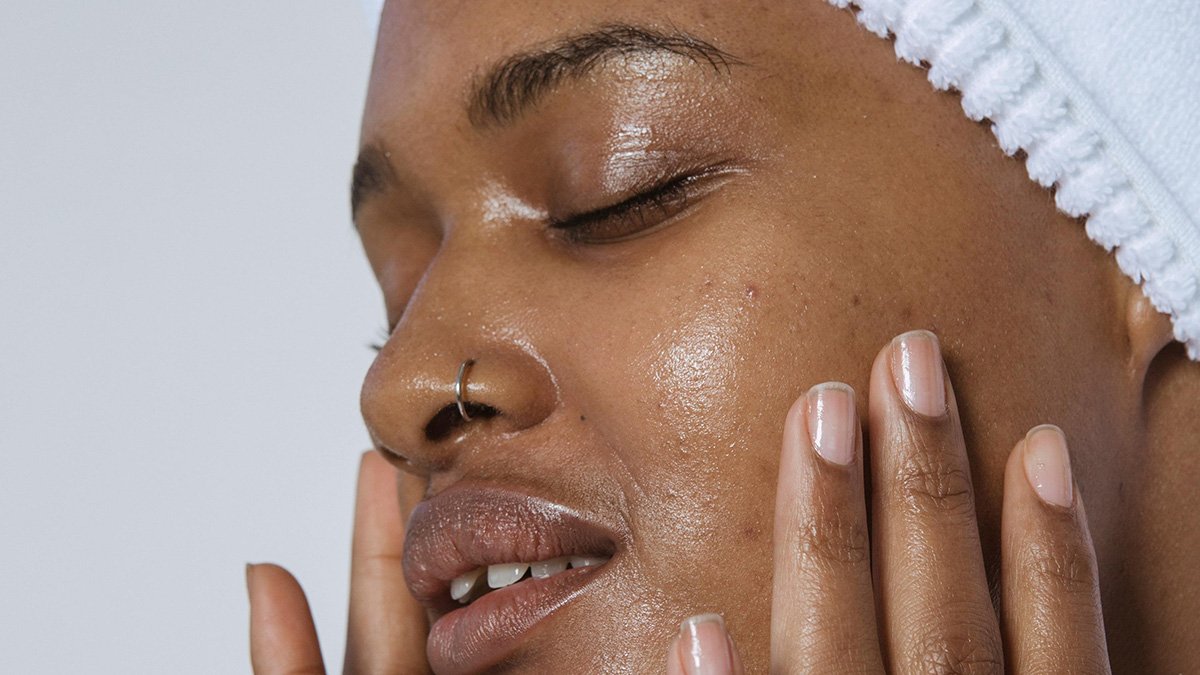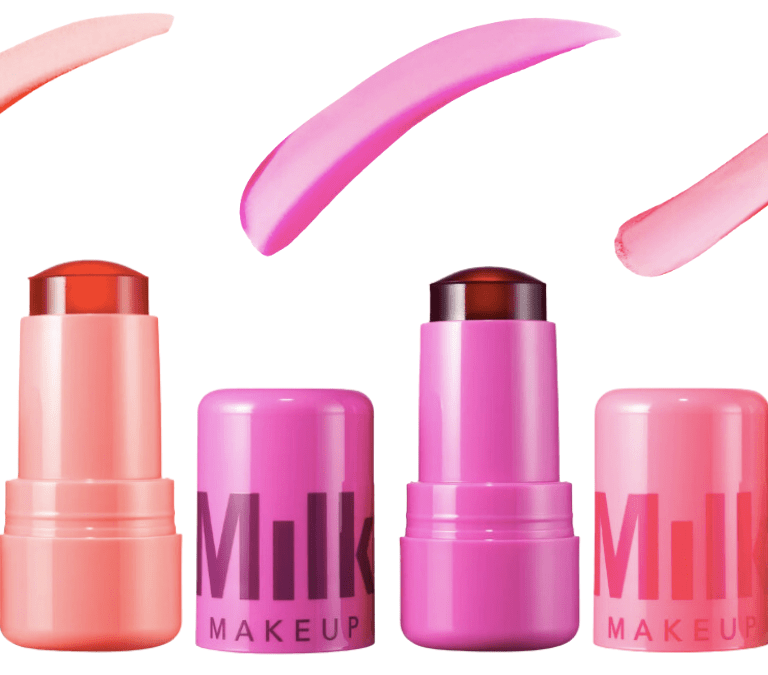
There’s no better time than the winter months to try more intense skin treatments like lasers and chemical peels. There’s less UV exposure in the winter so skin has a chance to heal from treatments without you suffering sunburns or FOMO from staying indoors while your skin recovers.
[SEE ALSO: Dark Skin and Vitamin C: Maximizing the Benefits of this All-Star Antioxidant]
Chemical peels are very effective for skin issues like acne, hyperpigmentation and signs of aging. During the procedure, a chemical solution is applied to the skin and closely monitored by the pro who’s doing your peel so it’s on for the appropriate length of time. Post-treatment, there may be some redness, peeling and mild discomfort, which typically goes away in a few days to a week. Chemical peels improve skin’s texture and appearance and are amazing for reducing discolorations and evening out skin tone.
@eviesamuel_ My favourite chemical peel. Hyperpigmentation where??? 😍 #chemicalpeeljourney #chemicalpeel #chemicalpeels4melanin #chemicalpeelsforblackskin
♬ BIZCOCHITO – ROSALÍA
Does this mean you can’t do a chemical peel if you have darker skin? Of course not! Take these precautions and you can enjoy all the benefits of a chemical peel—safely.
Choose An Expert
It goes without saying, but it is extremely important to choose a professional when it comes to any dermatological procedures. This is not the time for Groupon or an Insta-coupon for a shady med spa. Dermatologists or licensed skincare professionals with experience treating darker skin tones know how to tailor a chemical peel (and other treatments) to each patient’s specific needs. This minimizes risks and they’re able to manage any complications safely and effectively. Do not let your skin be chemical-peeled by someone who’s not licensed or experienced.
Prep Your Skin
Those with darker tones need to prepare for the chemical peel several weeks before treatment. This includes using hydroquinone or retinoids to help reduce melanin production, increase peel penetration and minimize the risk of PIH. Using sunscreen before and after the chemical peel is absolutely necessary to prevent any UV-induced hyperpigmentation.
Type Of Peel
The dermatologist or nurse practitioner should choose a chemical formula and concentration that’s safe and effective for each patient. Superficial or mild peels are often recommended for people with darker skin tones because they carry a lower risk of causing PIH compared to deeper peels. Glycolic acid, lactic acid, and salicylic acid are some of the safer options because they have milder effects versus stronger peels using trichloroacetic acid (TCA) or phenol. Ingredients like kojic acid, licorice extract or arbutin can help inhibit melanin production and reduce the risk of hyperpigmentation.
@brianaleigh_23 Its #peelseason and I am so happy to have my first #chemicalpeel ! Im going to post my progress on here daily and a youtube vlog to track my progress! But today were just doing a simple #skincareroutine !#blackgirlchemicalpeel #glowingskin #chemicalpeeljourney
♬ original sound – Briana ✨
After the chemical peel, it’s very important to stick with your prescribed post-peel skincare regimen: gentle cleansing, moisturizing, and healing salves as determined by your derm. And we’ll say it again: Use sunscreen! There’s no point in doing a treatment like a chemical peel to then go unprotected in the sun. Don’t waste your time and money if you can’t follow this rule.



